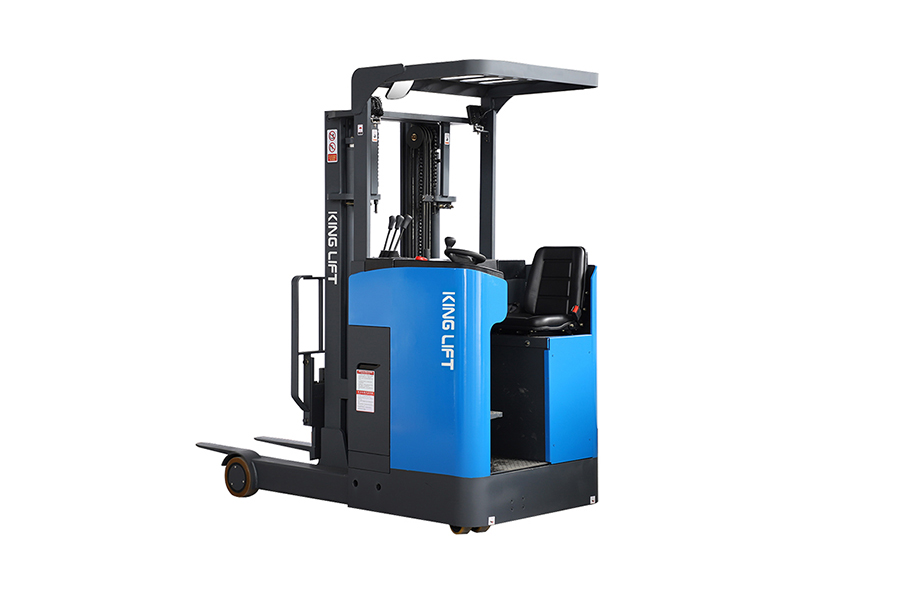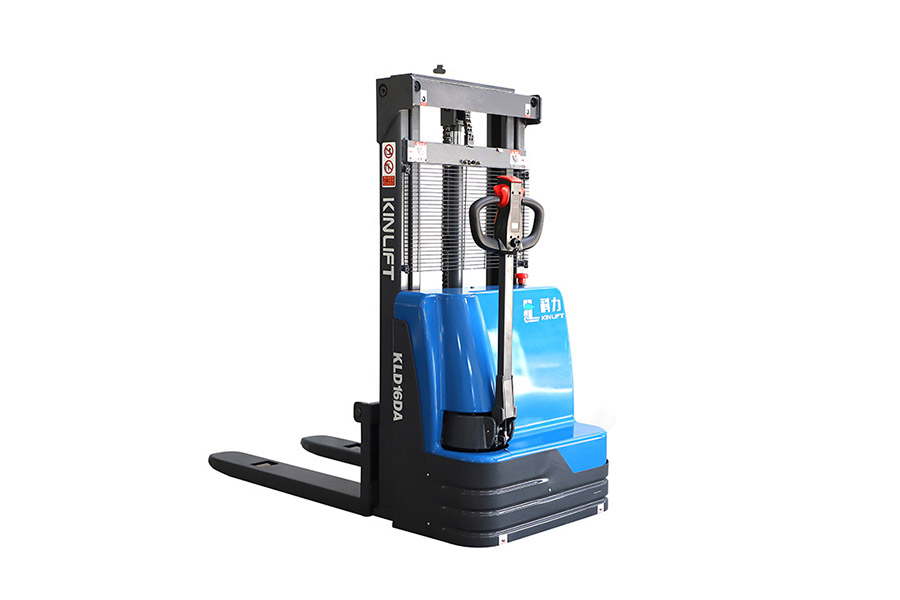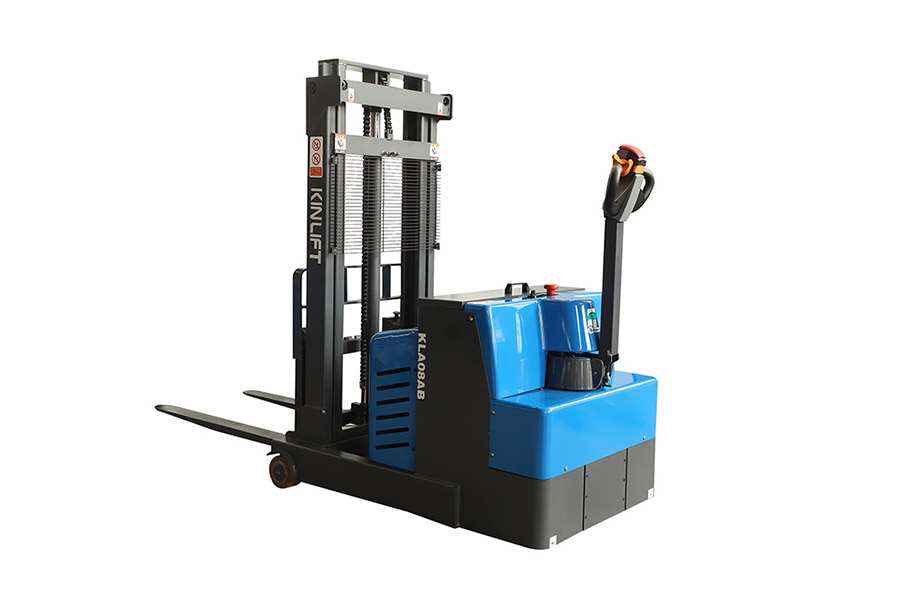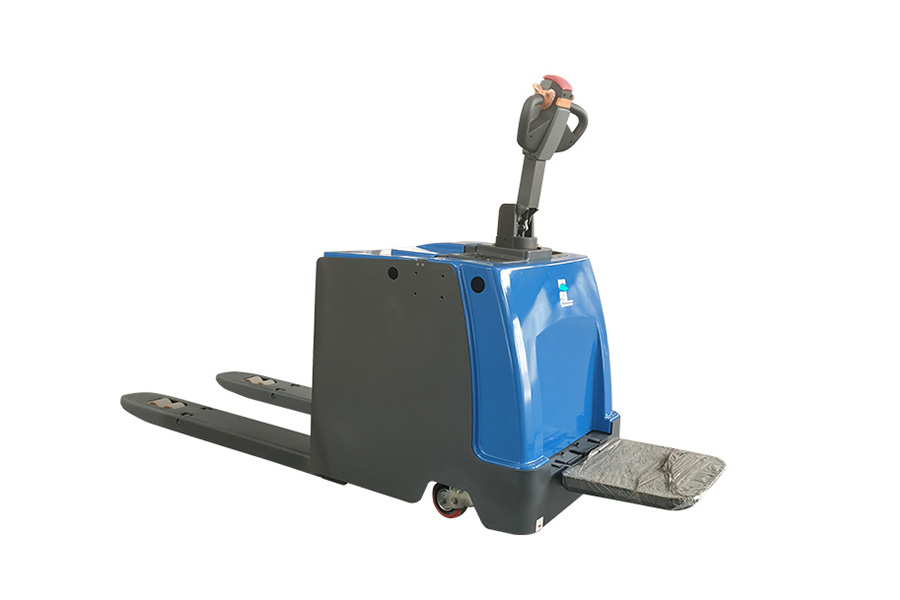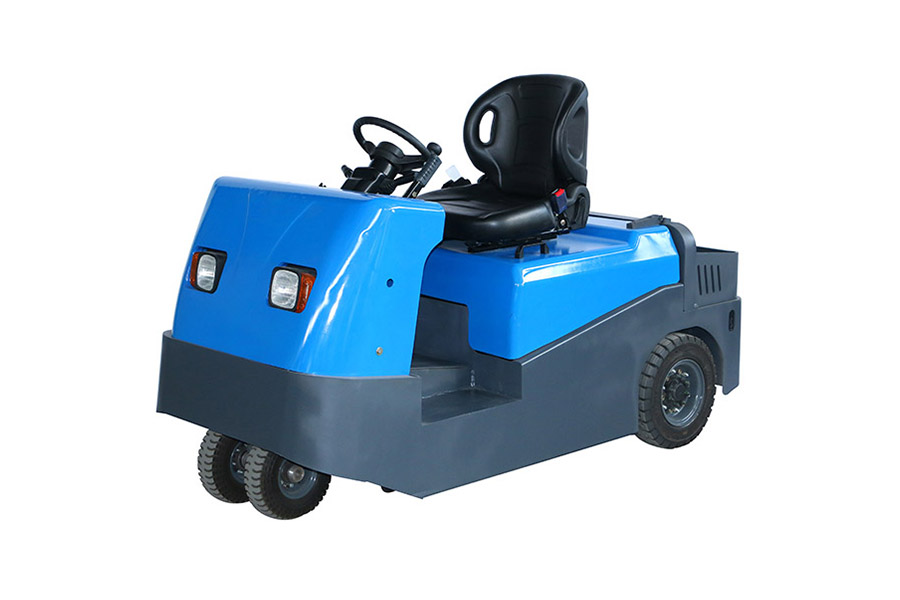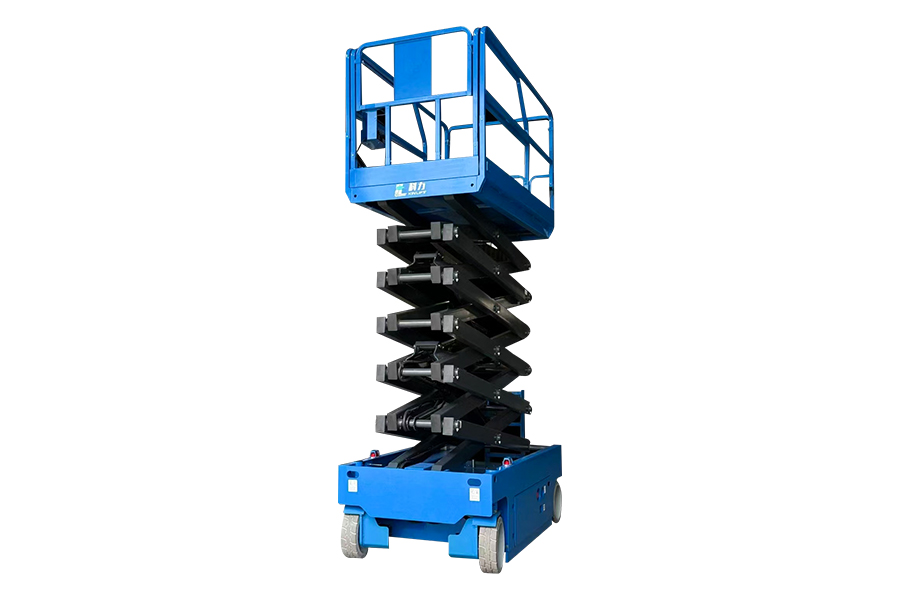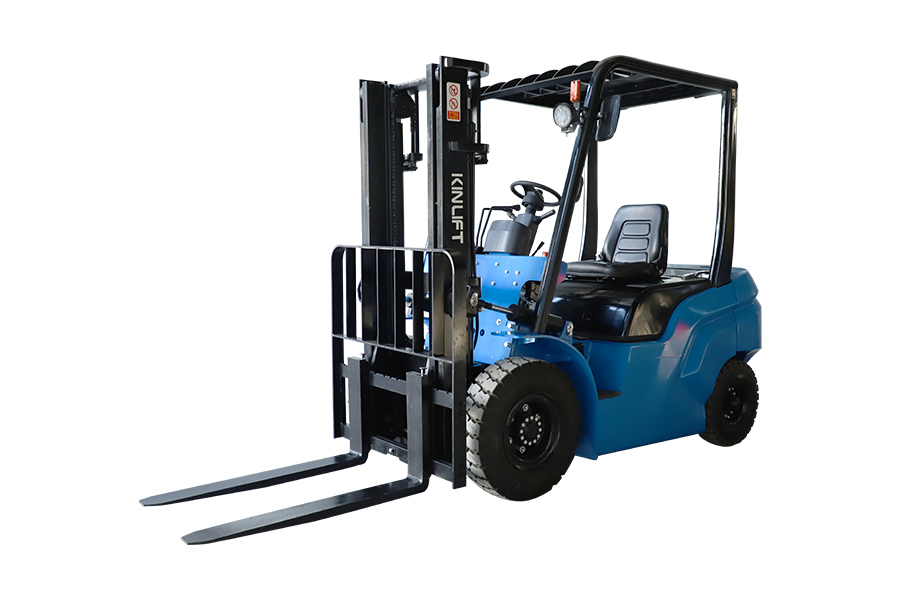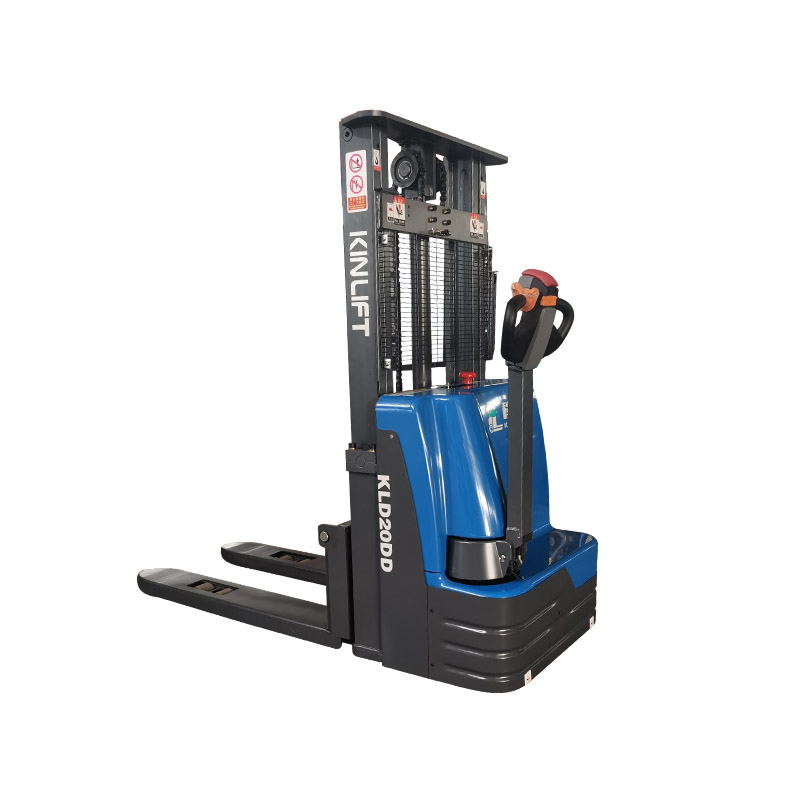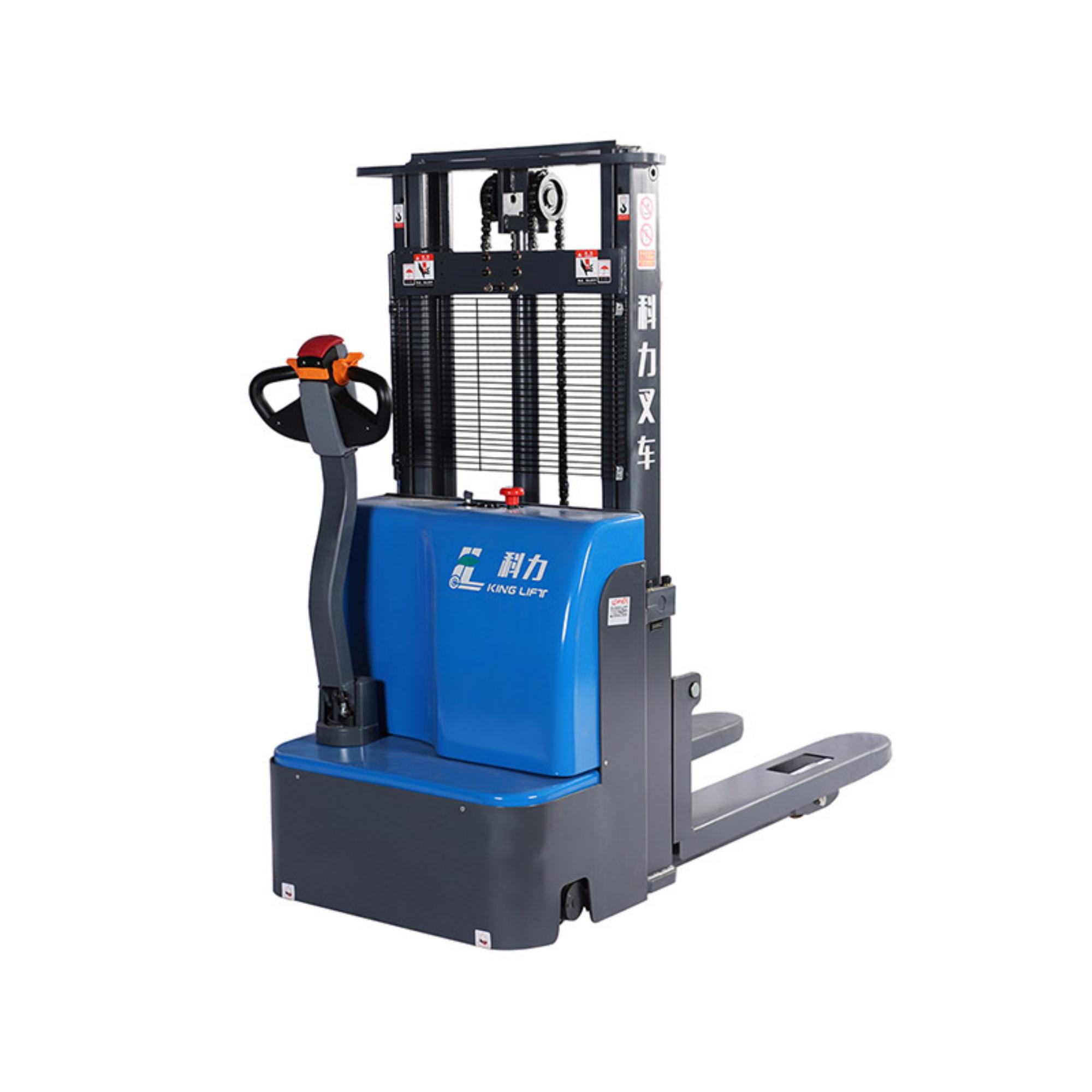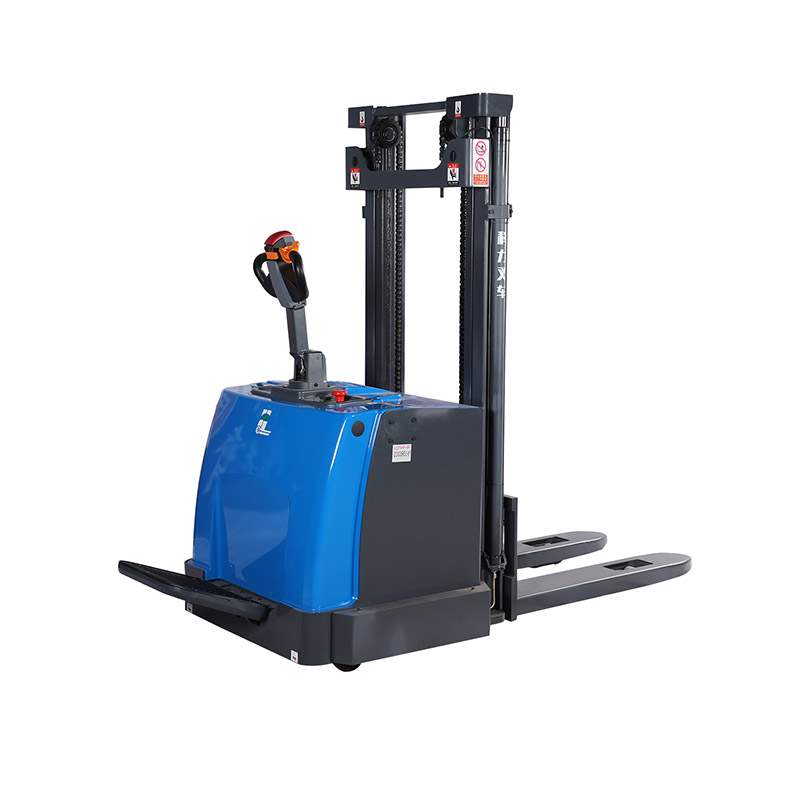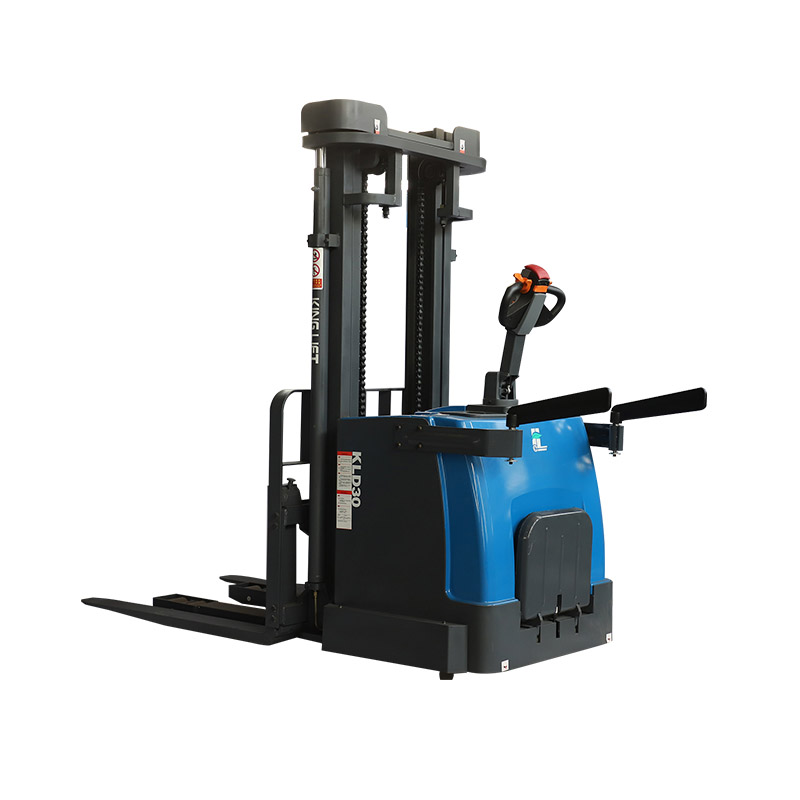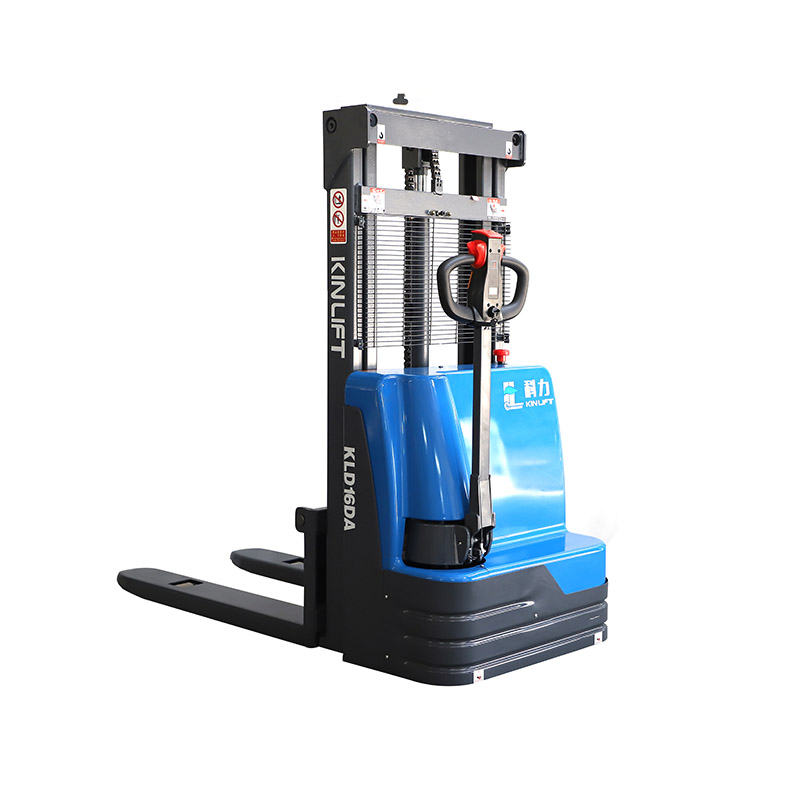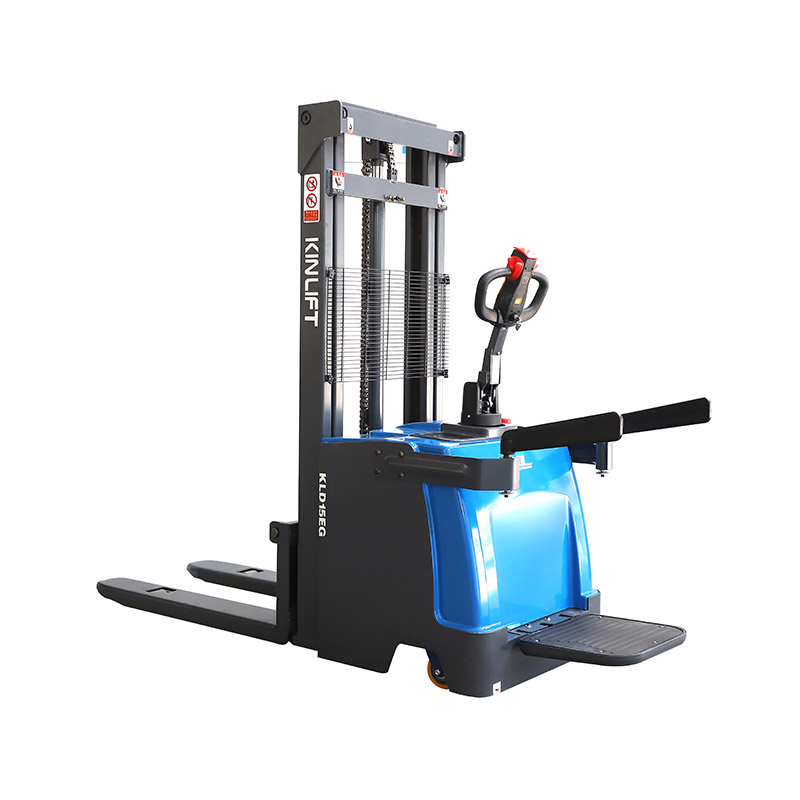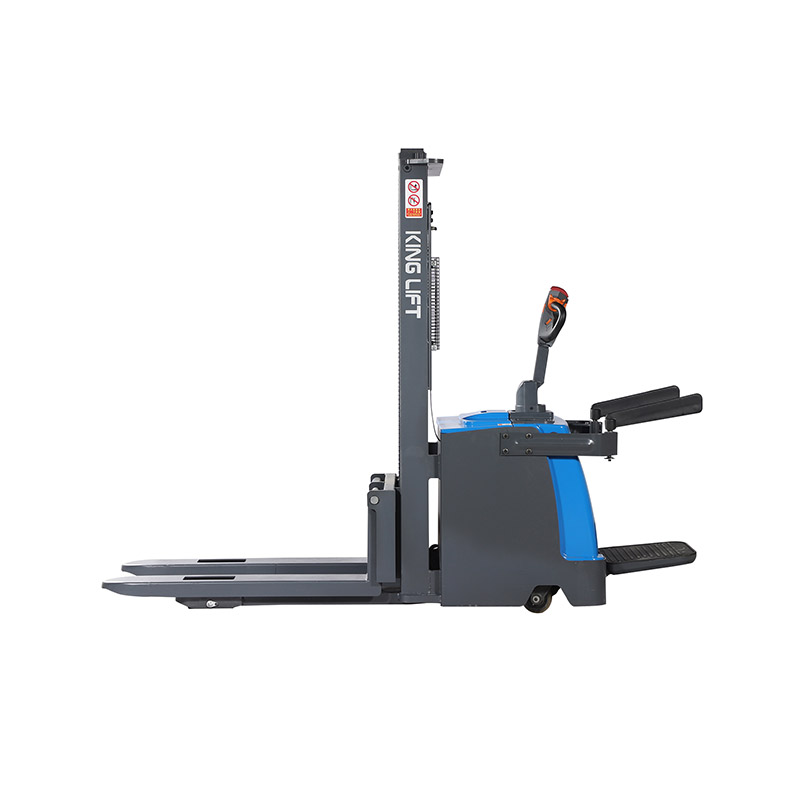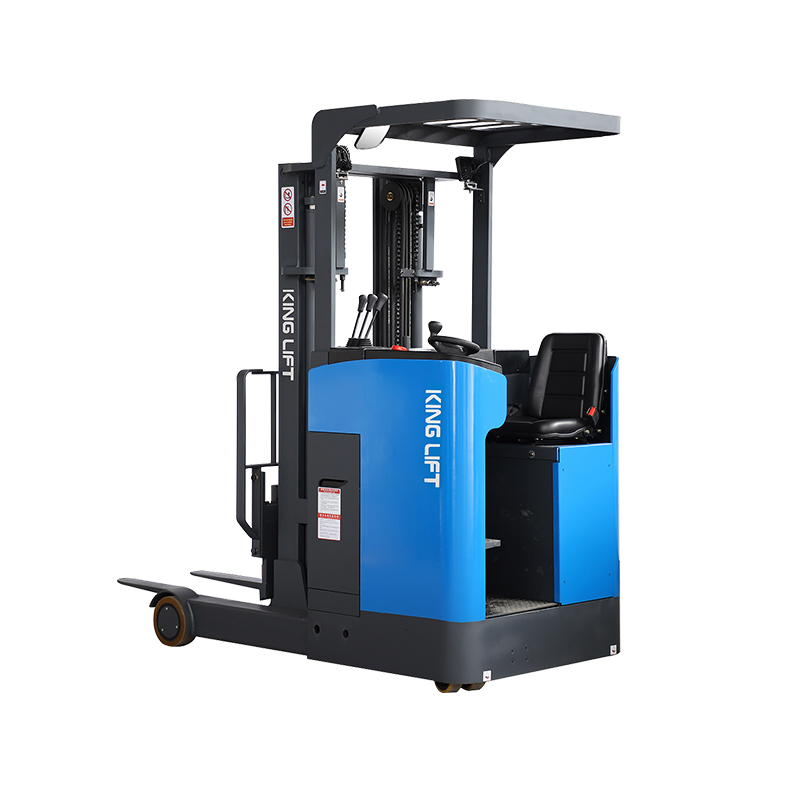Intelligent material handling forklifts, as an important technology in today's industrial production, are gradually becoming an indispensable force on the production line. It has the characteristics of automated operation, intelligent perception and data interconnection, and is changing the traditional logistics handling method with its efficient, accurate and safe characteristics.
In the application field of intelligent material handling forklifts, its automated operation is one of the most eye-catching features. Equipped with advanced autonomous driving systems, these forklifts can drive autonomously according to preset routes and tasks, achieving unmanned control. This greatly reduces labor costs and control difficulty in industrial production, while also improving the efficiency and accuracy of handling operations.
In addition to automated operation, intelligent perception is also one of the important features of intelligent material handling forklifts. Using sensors, cameras and other equipment, these forklifts can sense the surrounding environment in real time, identify obstacles, and make corresponding avoidance or parking actions, thereby ensuring the safety and reliability of the transportation process. This kind of intelligent perception ability greatly reduces the risk of accidents during handling and provides a safer guarantee for production.
At the same time, the intelligent material handling forklift also realizes data interconnection with the company's logistics management system and warehouse management system. By transmitting handling data and operating conditions in real time, these forklifts can seamlessly connect with the company's management system, further improving the efficiency and accuracy of logistics management. This advantage of data interconnection enables enterprises to understand the logistics process more accurately and make timely adjustments and optimizations, thereby improving overall production efficiency.
With the continuous advancement of science and technology, the development of intelligent material handling forklifts has also shown some obvious trends. The application of deep learning technology will further optimize the forklift's driving route and handling strategy, enabling it to achieve intelligent and adaptive handling operations. The development of multi-modal sensing technology will improve forklifts' ability to perceive the environment and reduce the risk of accidents. In addition, lightweight design and flexible handling will become important directions for the development of intelligent forklifts to improve handling efficiency while reducing energy consumption and enhance the adaptability to goods of different shapes and materials.
In terms of practical applications, intelligent material handling forklifts have been widely used in various fields. For example, in large warehousing sites, they can realize automated handling and stacking of goods, improving the efficiency and accuracy of warehousing operations. On the production line, intelligent forklifts can seamlessly connect with production equipment and automatically transport raw materials and finished products, improving the overall efficiency and flexibility of the production line. In addition, as an important tool for logistics distribution, intelligent forklifts can achieve fast and accurate cargo handling and distribution, bringing new development opportunities to the logistics industry.
The development of intelligent material handling forklifts has had a profound impact on industrial production. They improve production efficiency, optimize logistics management, improve work safety, and bring new development opportunities and challenges to industrial production. With the continuous development and application of technology, it is believed that intelligent forklifts will play an increasingly important role in industrial production and become a key force in promoting production automation and intelligence.


 English
English русский
русский